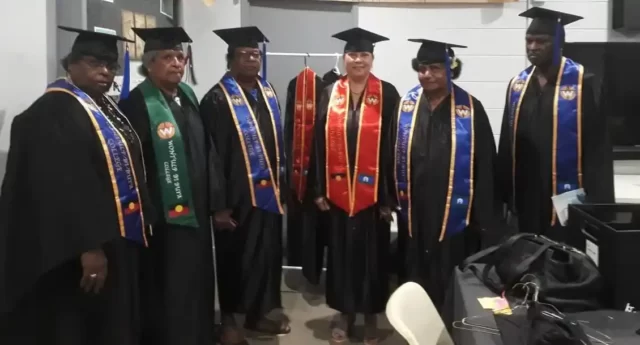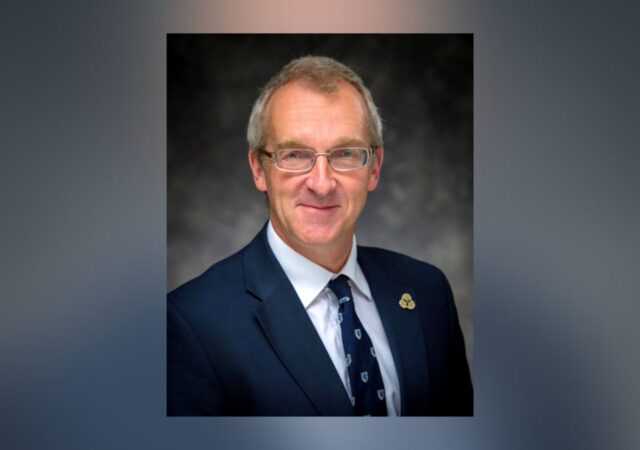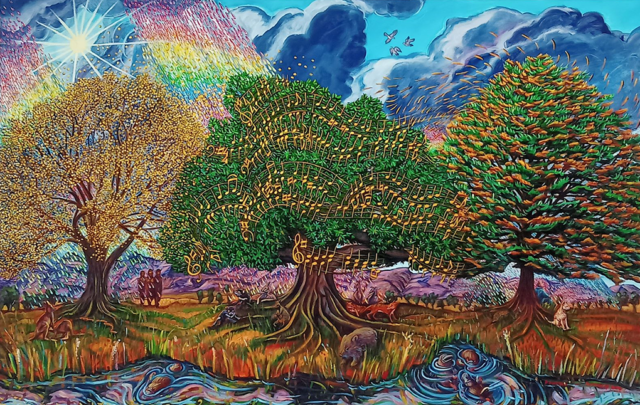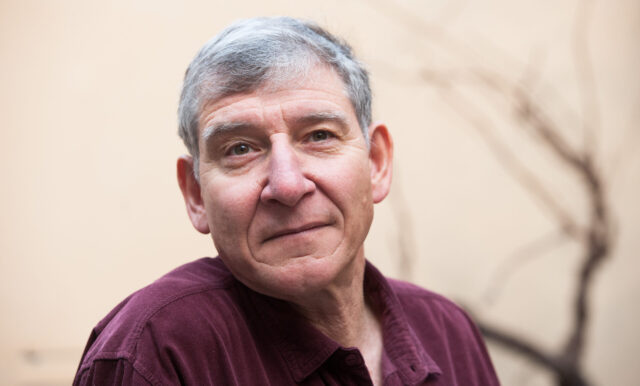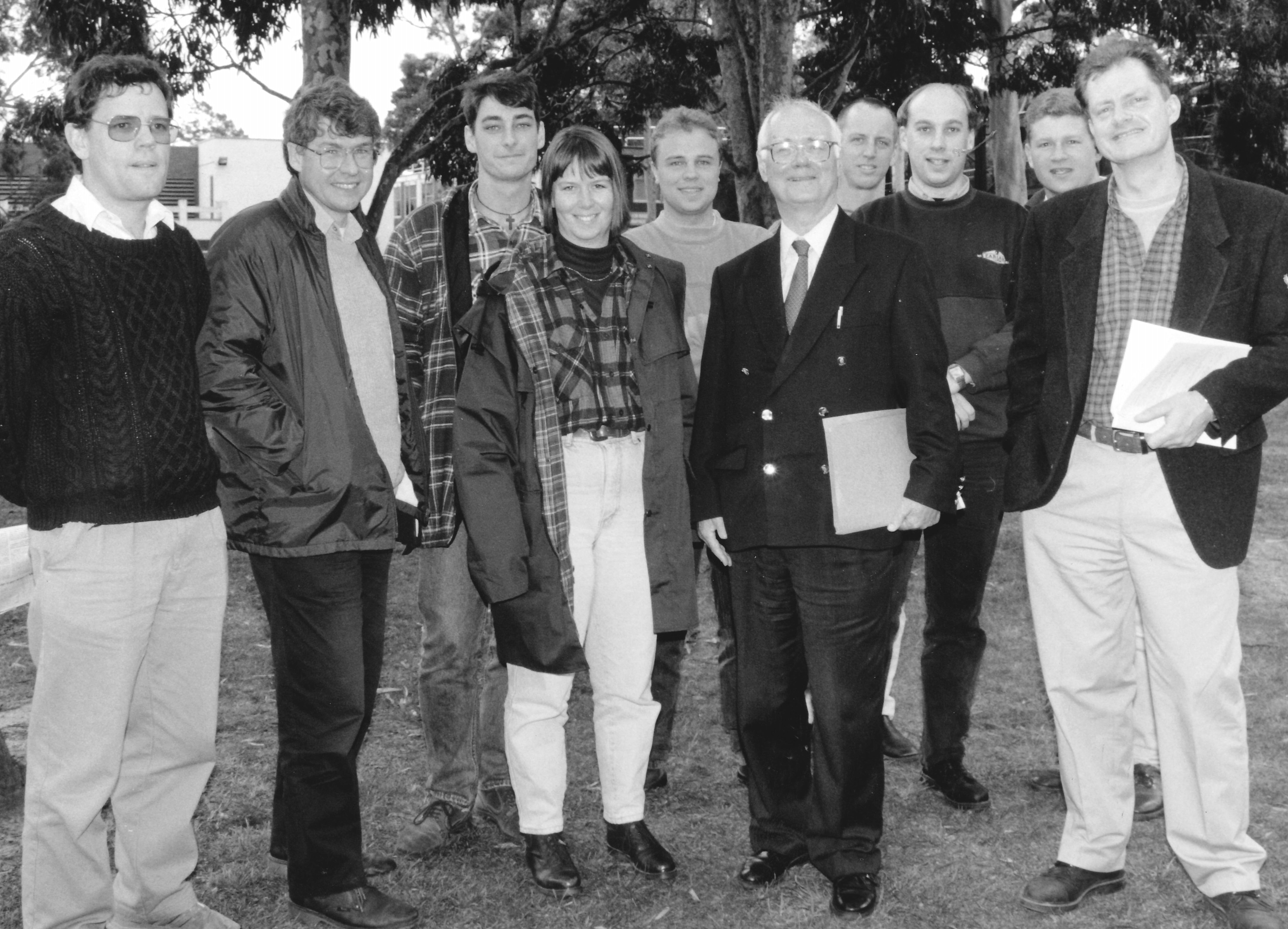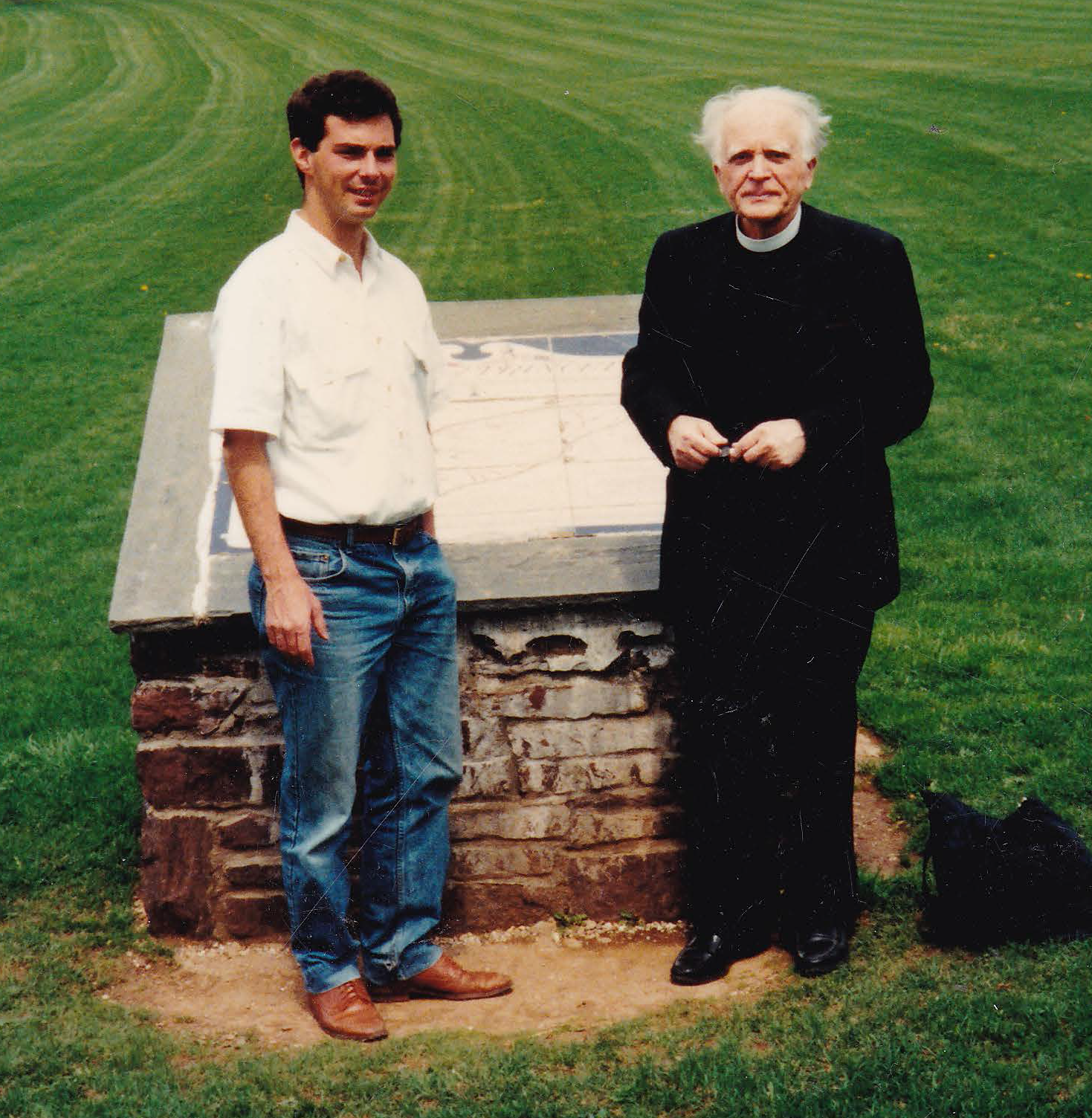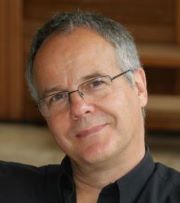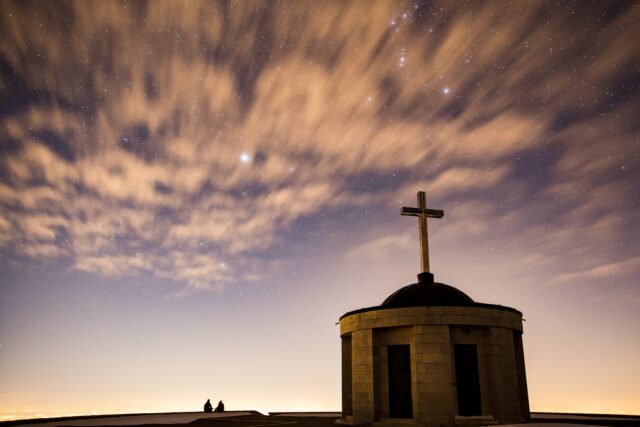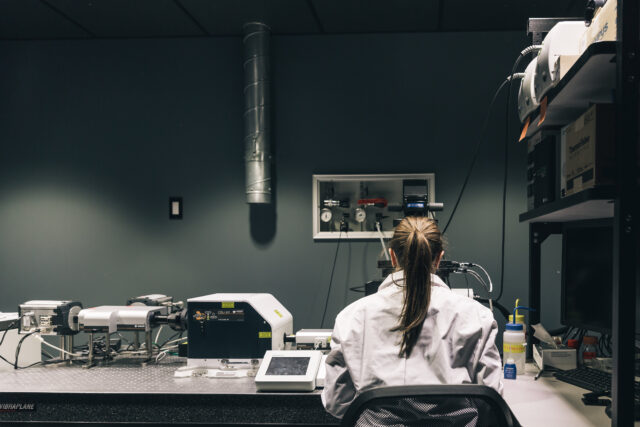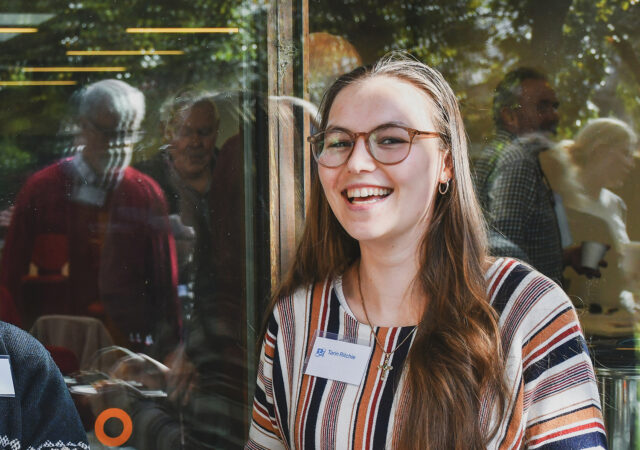

Alan Gijsbers reflects on the shape and form of God’s kingdom for the working life of a believing scientist.
Origianlly published in The Melbourne Anglican.
Jesus taught his followers to pray, “Your kingdom come, your will be done.” So, what does this mean for believing scientists today? And for that matter, for anyone involved in work, paid or unpaid? How does our Christian faith affect our daily work, our homes, our politics?
The shape and form of Christ’s kingdom
It may seem odd to discuss kingdom in these days of democratisation and republicanism, but Christians believe God rules the universe and that Jesus is our Lord and King.
However, Jesus, by word and deed, deeply challenged traditional views of kingship and authority. He was born in Bethlehem, away from the seats of power like Jerusalem and Rome. He entered Jerusalem on a donkey, not a war-horse. His only crown was a crown of thorns. His glory was the shame of the cross. When confronted by Pontius Pilate, Jesus observed that his kingdom is not of this world, but that his kingdom was more powerful and lasting than the might of Rome. So, any attempt to pray, “Your kingdom come,” must grapple with the very nature of what that kingdom might be.
Has the kingdom come or is it coming?
Has the kingdom come, or is it still to come? Jesus came preaching and demonstrating the kingdom and said that the kingdom was among us. However, just before his ascension he told his disciples that he would not restore the kingdom to Israel, but that they would receive the power of the Holy Spirit to witness to him to the ends of the earth until he came again.
Christians have been accused of longing for the “pie in the sky when you die,” so that they are so heavenly minded that they are of no earthly use. But Jürgen Moltmann, in his Theology of Hope, rightly points out that the prospect of the kingdom means we will always be dissatisfied with the status quo and therefore we will work hard towards that kingdom which is yet to come (Romans 13:11-14; 1 Corinthians 15:58). The prospect of a kingdom future spurs us to work towards that future with confidence and hope.
Our “Social Imaginary”
Charles Taylor in A Secular Age coined the term “Social Imaginary” for the way we collectively imagine our social and intellectual life. More than “worldview,” it considers how we believe, feel, and imagine our collective world to be. Christians need to grapple with a Social Imaginary of Christ’s kingdom in their work.
In praying “Your kingdom come, your will be done,” believers are asking for the unseen world of God to impact on the seen world of the everyday.
Scientists think naturalistically, within the frame of the seen world, whereas Christians think supernaturally—the world of God impinging on the world we live in. We think this way because we believe this is how the world came to be—God’s creative word created the world. Yet we have learnt through experience that we cannot think magically that God will somehow intervene in unexpected ways. Thus, I cannot, as a Christian doctor, support the action of a patient with insulin dependent diabetes who wants to throw away his insulin because he believes God will heal him. Within a day or two he will become very sick. This will only be fixed by re-administering insulin. So, I will do everything in my power to persuade the patient to take insulin, but I also recognise the patient’s right (however misguided) to refuse treatment. In this instance, prayer is directed towards persuading the patient to make wise decisions within the real world we live in, not the fanciful world he would like to live in. As responsible Christians and scientists we need to live within the laws of science as we imperfectly understand them, at the same time as we seek to honour God.
Righteousness and justice: The expectation of the kingdom
Christ’s kingdom is a kingdom of righteousness. The first testament points to a chosen people governed by God’s laws of righteousness, justice, and mercy. In exile, God’s people dreamt of the day of the Lord when a chosen one would banish evil and establish God’s reign. This dream under Roman occupation was the context of Jesus’ teaching about the kingdom: the spread of justice and righteousness. How this works out in practice will vary for different scientists and technologists, but it will mean being scrupulously honest, just, and fair in all our dealings. This might mean, for instance, to fairly honour the research team which contributed to the new discovery rather than only the professor. In clinical practice it will mean caring fairly for rich and poor alike. But Christ’s righteousness is much more than simple law-keeping. It is the outgoing righteousness which embraces the broken and the lost and transforms them into followers of Jesus.
The openness and hiddenness of the kingdom
Jesus teaches his disciples to be light in darkness, so that our good works may bring glory to God, but Jesus also uses metaphors like yeast to point to the hiddenness of the kingdom. It does not go forward through showy public display but through hidden goodness which affects those we live among. For example, in my former clinical practice of addiction medicine this meant a compassionate continual acceptance of people who were often broken and ashamed. The kingdom does not impose its will by force but by the winning of hearts and minds into willing obedience. The kingdom does not use disgraceful or underhanded ways to impose its rule on people. On the contrary, open integrity is part of kingdom values.
Living out kingdom righteousness in a pluralist secular society
Christians are called out of their ghettoes and into society. We cannot exist in a parallel world practicing our science isolated from those of other religious persuasions or none. Nor can we leave our Christian commitments at the door and go into work value-free. We live out kingdom righteousness in our work, but we do so in such a way that the honour (not the dishonour) goes to God and not to ourselves.
Righteousness does not only belong to those of faith. God’s great providence provides for people of other faiths and no faith to make substantial contributions to the growth in science and technology, which we can all enjoy.
Shaping work in the light of the kingdom
The following examples may help us see how we can meet this challenge:
- An agricultural engineer looking at the science and theology of different forms of traction on farms—from human effort to horses and bullocks to farm machinery.
- Astronomers discovering the wonders of the universe.
- Geologists discovering minerals and mining them in an ecologically responsible way.
- Infectious disease specialists discovering new treatments for community health.
- The discoverer of the electronic ear.
- The restoration of underground forests to replenish a barren landscape.
- Faithful STEM teachers inspiring the next generation of scientists and technologists.
We hope this article can stimulate others to explore what Christ’s kingdom looks like in their work.
Examples of authors’ explorations in applying the kingdom of God to specific fields of work can be found on the ISCAST website at bit.ly/ISCASTKingdomProject.
